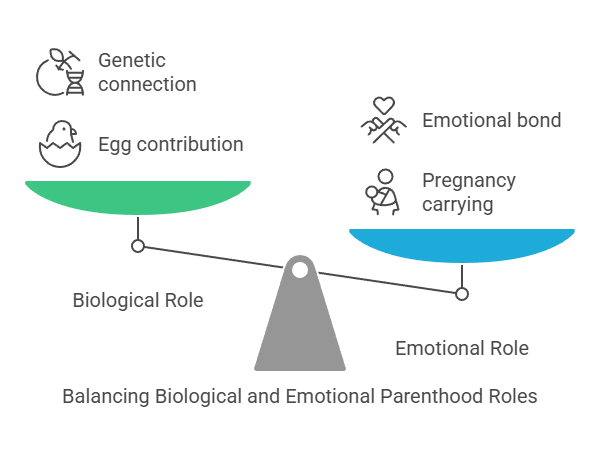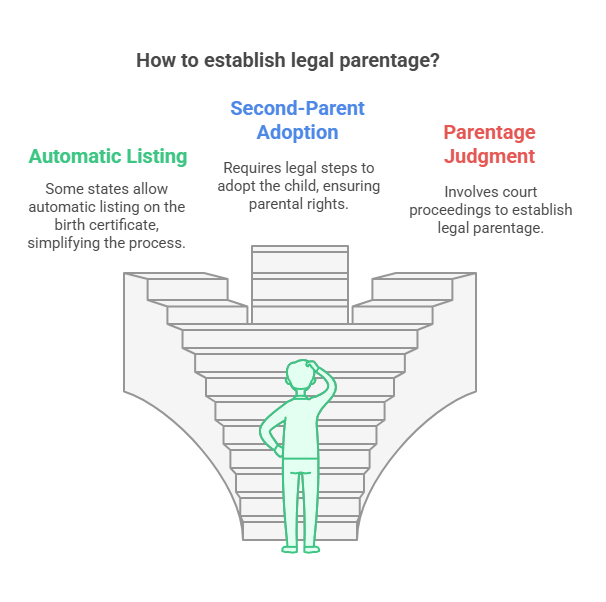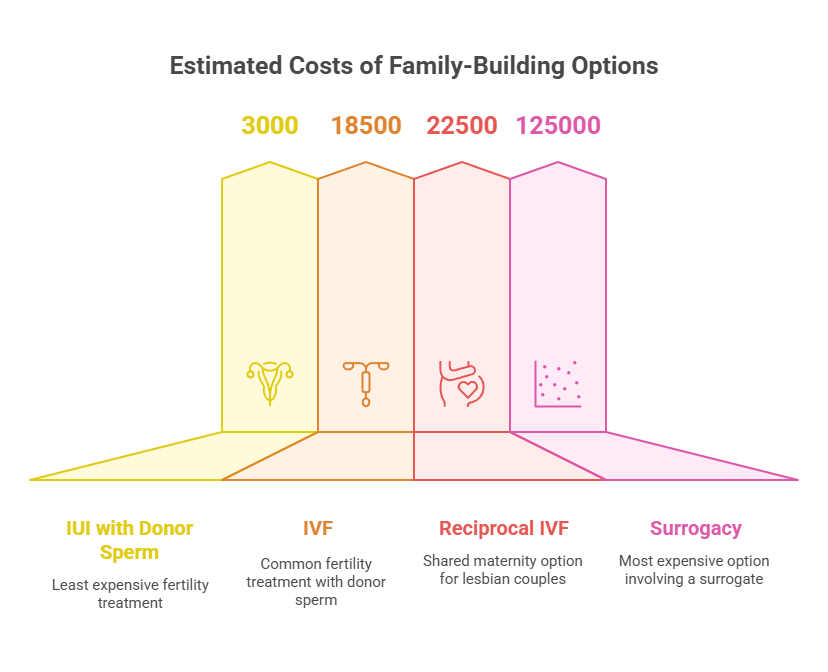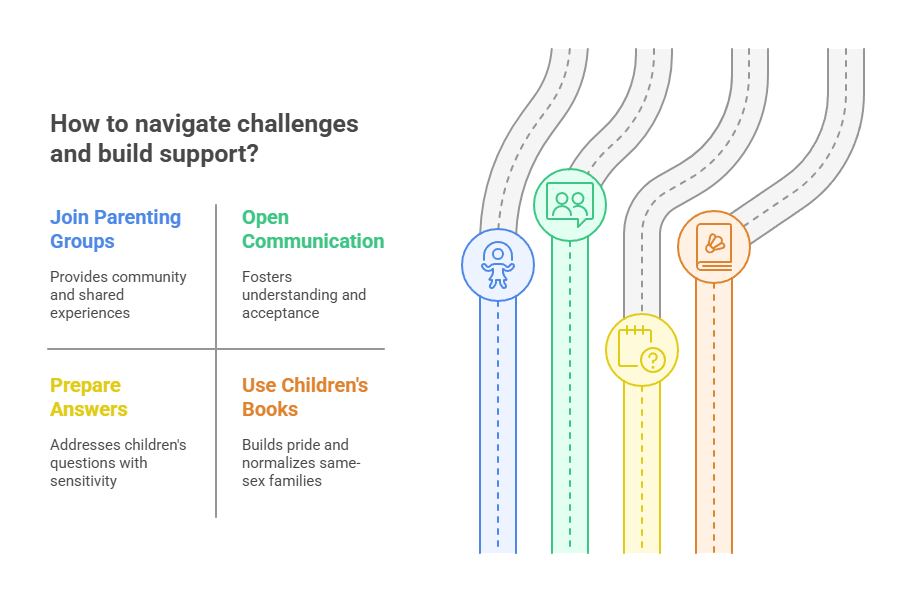In today’s world, the answer to “Can two women have a baby?” is a confident and joyful yes. Thanks to advancements in reproductive technology and growing legal protections for LGBTQ+ families, female couples have more ways than ever to build the family they dream of—emotionally, legally, and biologically.
Whether you’re just beginning your journey or already exploring options, this guide breaks down the most common paths, legal considerations, and emotional insights for lesbian couples who want to have a child.
🌱 Understanding the Biology—and the Myths
Biologically, two cisgender women cannot naturally conceive a child together without sperm. That said, parenthood is about far more than DNA.
There’s a common myth that science can combine two eggs to create a baby, but we’re not there yet. However, both partners can absolutely play a biological or emotional role through assisted reproduction—one may contribute the egg, the other may carry the pregnancy.
What matters most: love, intention, and legal recognition—not just genetics.

🧬 4 Family-Building Options for Two Women
1. Artificial Insemination (IUI)
Intrauterine insemination (IUI) involves placing donor sperm directly into the uterus of one partner during ovulation. This is often the most affordable option and may be done with:
- Anonymous or known sperm donors
- At-home insemination (in rare cases) or via fertility clinics
✅ Best for couples where one partner wants to carry the baby and doesn’t require IVF.
2. IVF with Donor Sperm
In-vitro fertilization (IVF) involves fertilizing an egg in a lab and transferring the embryo to the uterus. For two women, the egg typically comes from one partner and sperm from a donor.
✅ More effective for couples facing fertility issues or age-related concerns.
3. Reciprocal IVF (Shared Maternity)
A powerful emotional experience: one partner provides the egg, and the other carries the pregnancy. This is a beautiful way for both moms to be biologically and physically involved.
✅ Increasingly popular for lesbian couples wanting shared parenthood.
4. Surrogacy (With Donor Eggs or Partner’s Eggs)
If neither partner can carry a pregnancy due to medical reasons, they can pursue surrogacy. A gestational surrogate can carry an embryo created with one partner’s egg—or a donor egg—and donor sperm.
✅ Though more complex and costly, surrogacy offers a path to parenthood for those who need it.

⚖️ Legal Considerations for Lesbian Couples
Laws vary by state and country, and even if you’re married, you may need additional legal steps to protect both parents’ rights.
Key points to know:
- Some states allow both mothers to be listed on the birth certificate automatically
- In other areas, the non-biological mother must complete second-parent adoption or a court parentage judgment
- Legal guidance is critical when using known sperm donors to avoid custody disputes
👩⚖️ Pro tip: Start working with a family law attorney early in your journey.
Understanding Surrogacy Contracts: Protecting the Rights of All Parties

💰 How Much Does It Cost?
| Option | Estimated Cost (USD) |
|---|---|
| IUI with Donor Sperm | $1,000–$5,000 |
| IVF | $12,000–$25,000+ |
| Reciprocal IVF | $15,000–$30,000+ |
| Surrogacy | $100,000–$150,000+ |
Some insurance plans may cover parts of IUI or IVF. Surrogacy, however, is typically paid out of pocket.

🧡 Emotional Support & Community
Being a two-mom family is joyful, but it can come with unique challenges. It’s important to build your emotional and social support system:
- Join LGBTQ+ parenting groups (online or local)
- Talk openly with family and friends about your path
- Prepare gentle answers for kids’ questions like “Why do I have two moms?”
There are also incredible children’s books that celebrate same-sex families—great for bedtime and building pride early on.

💬 Final Thoughts
Yes, two women can absolutely have a baby—through science, love, and intention. From reciprocal IVF to donor insemination, lesbian couples have empowering choices that allow both partners to be part of their child’s life in meaningful ways.
Every journey is different, and the best path is the one that feels right for you.
If you’re considering surrogacy as part of your journey or just want to understand what’s involved, check out this related resource:
👉 How Much Does a Surrogate Cost in Texas? A Complete Breakdown




